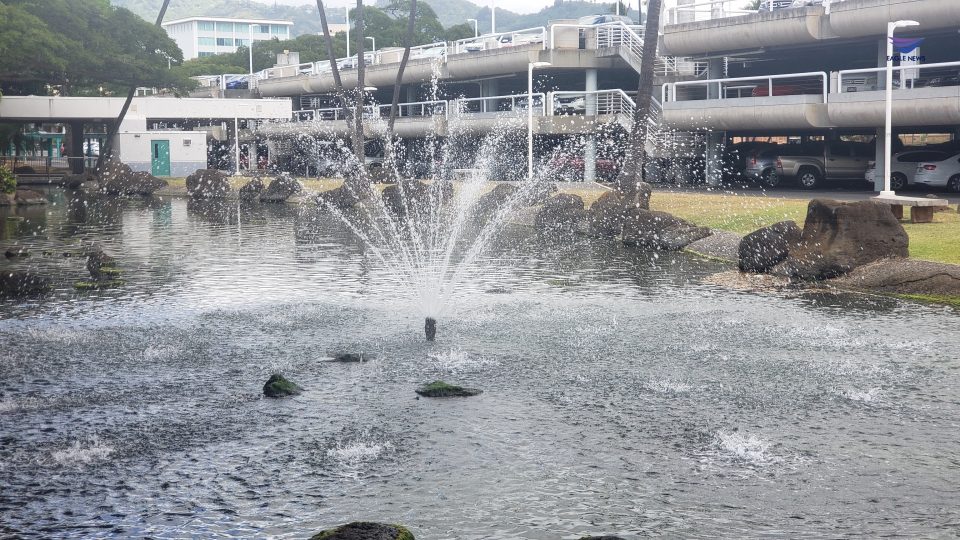HONOLULU (Eagle News) – The City and County of Honolulu observed World Water Day on Tuesday, March 22, by taking urgent measures, especially with a strained water supply and the responsibility to ensure water security throughout the Island of Oahu.
The theme of World Water Day this year is “groundwater—making the invisible visible,” which officials have deemed highly relatable to the island in light of recent and ongoing events.
After 14,000 gallons (52,996 liters) of fuel and water leaked from the Navy’s Red Hill Bulk Fuel Storage Facility and contaminated the drinking supply in and around Joint Base Pearl Harbor-Hickam late last year, the city’s Board of Water Supply (BWS) closed three of its own sources in an abundance of caution. These sources remain closed to this day, and increased pumping at the remaining wells has put stress on Oahu’s limited fresh water sources.
Additionally, Hawaii’s most populous island continues to experience moderate to severe drought conditions with the hotter summer months ahead.
“Here on Oahu, we are fully dependent on groundwater and the slow process of aquifer recharge,” said Ernest Lau, manager and chief engineer of the city’s Board of Water Supply (BWS), who recently encouraged residents and businesses to voluntarily and immediately decrease water usage by 10%.
“By decreasing water demand, together we can reduce strain on our active wells and allow for adequate recharge, while we address ongoing uncertainty of aquifer contamination,” Lau added.
“The need to conserve water is more important than ever before,” Mayor Rick Blangiardi stated. “We fully trust the expertise of the BWS, and will do everything we can to avoid potential mandatory conservation later this year. The entire city has been taking water conservation seriously and is doing our part to conserve. We ask that all Oahu water users, including visitors, do the same.”
The City and County of Honolulu is currently benchmarking and tracking water and energy usage at its public facilities to identify opportunities to cut waste, save money, and invest in efficiency upgrades.
Through the introduction of Bill 22 (Better Buildings Benchmarking Program), the city aims to facilitate a similar awareness for large buildings toward the reduction of waste and utility costs and investments in efficiency improvements, including more informed decision-making by the city on where to invest critical resources to improve the existing building stock and support businesses and residents.

Lawmakers urge Honolulu to prioritize affordable housing over construction projects in anticipation of water shortage
Thirty state legislators signed a letter addressed to Ernest Lau, manager of Honolulu’s Board of Water Supply (BWS), urging the agency that “should more draconian steps become necessary, affordable housing development be prioritized in the issuance of water meters.”
Earlier this week, Lau and his team took part in an informational briefing before the joint legislative Committees on Health, Water and Land. They presented an update on the current capacity status of Oahu’s supply in light of the shutdown of several wells in response to the water contamination near Pearl Harbor in November 2021.
The BWS also presented a framework to implement further water conservation steps as the island expects a drought to continue through the summer months. Those plans included a moratorium on new construction on Oahu.
“Rationing a resource as necessary as water will hurt the poor and disadvantaged disproportionately and inequitably,” wrote State Senator Jarrett Keohokalole, who also chairs the chamber’s Health Committee. “During these difficult and uncertain times ahead, we ask that you and the Board consider principles of equity should continue–or more drastic–water conservation measures need to be taken.”
His recommendations included a prioritization of affordable housing prior to a construction moratorium, and restrictions on recreational and luxury water uses like swimming pools and fountains.
(Alfred Acenas, EBC Hawaii-Pacific Bureau, Eagle News Service)
